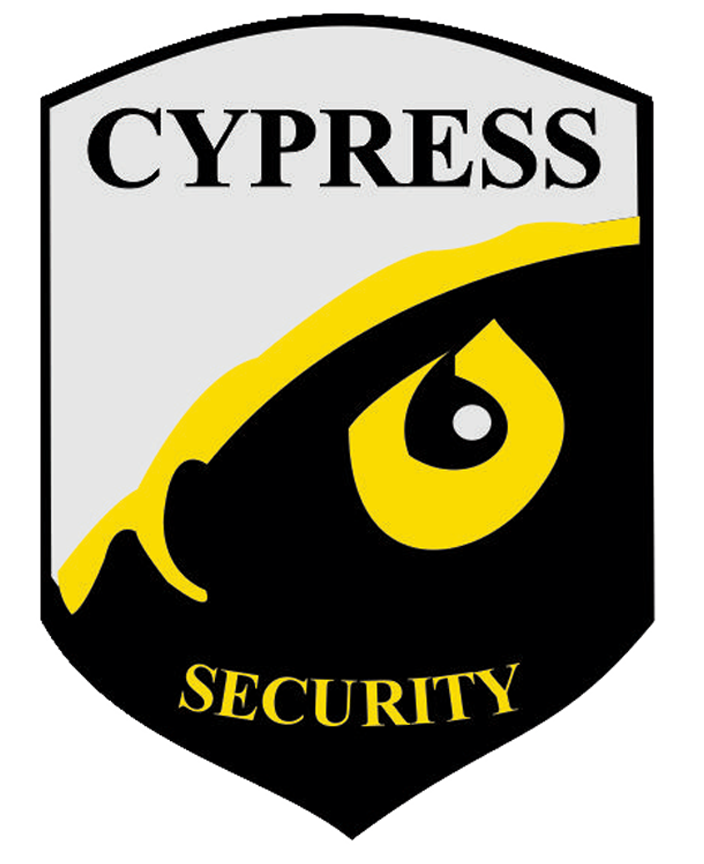The spasm of gang violence in Surrey has triggered an outpouring of concern in a community worried about flying bullets and the seductive lure of gang life on impressionable kids.
But it’s also re-ignited a debate in a city that always seems to get the short end of the stick compared to its Metro Vancouver neighbours.
Does Surrey have enough cops? And is the RCMP the right force to patrol mean streets plagued by some of B.C.’s highest crime rates?
Tom Gill, the city councillor considered the frontrunner for mayor in this fall’s municipal election, said the city’s RCMP detachment has added 100 more cops with plans to add more.
“The number is unprecedented,” Gill said. “No other municipality has made as significant an investment in such a short time.”
But it’s not enough to match the per capita number of police officers deployed in neighbouring cities.
According to Statistics Canada, Surrey has just 139 police officers for every 100,000 residents. Compare that to Vancouver, which has 191 cops for every 100,000 residents.
Neighbouring Delta has 163 officers per 100,000. New Westminster has 153.
Now compare the rates of serious crime in those four cities for an even starker contrast.
Surrey has a crime severity index of 117, while Vancouver, New West and Delta have severe-crime rates of 114, 79 and 54 respectively.
The bottom line: Surrey has more crime, and less cops, than its neighbours. What is wrong with this picture?
“It’s actually quite shocking,” said Stuart Parker, a candidate for city council running for the Proudly Surrey party. “The thing a gang possesses is turf. If you don’t have the personnel to compete for that turf, then you’re ceding it to the gangs that do. We need 30 to 50 per cent more officers in Surrey.”
There are also growing demands for the city to dump the RCMP and create a local municipal police force, like the ones in Vancouver, New West, Delta and several other B.C. cities.
“The RCMP has multiple levels of bureaucracy and hierarchies and a backlog of unfilled vacancies,” Parker complained. “A local force will be less top-heavy and allow us to retain police officers in the community where they were recruited.”
But the ruling Surrey First party shows no interest in replacing the RCMP.
“The party is over,” insisted Mayor Linda Hepner, who is not seeking re-election. “We are going to make life (for gangsters) as miserable as we can legally in the city of Surrey.”
Hepner made the comments while releasing a new anti-gang strategy following a rash of deadly violence, including the daylight shooting death of 47-year-old hockey coach Paul Bennett, gunned down in his driveway on June 23.
The report includes recommendations to expand anti-gang youth programs and double the size of the RCMP’s gang enforcement unit in the city.
“It will give us more boots on the ground that will get in the face of gangsters and get them out of our city,” Dwayne McDonald, Surrey’s RCMP assistant commissioner, told Global News reporter Janet Brown.
“My message is, ‘You’re not welcome in Surrey. We are coming for you. You can run. You can hide. But we will find you, we will arrest you and we will put you in jail.’”
But McDonald said the additional anti-gang officers will be moved into the unit from other duties, not new hires. And he declined to say how many officers are actually in the gang unit now for “security reasons.”
“Disappointing,” responded Gurpreet Sahota, the community leader who fired up 5,000 protesters at a recent Wake Up Surrey anti-gang rally. “We need more police officers. And everybody in Surrey is talking about the need for a local police department. Neither was mentioned in the report.”
He questions why a promise to double the size of the city’s anti-gang unit is supposed to reassure anyone when police won’t say how many officers are in the unit to start with.
And why wasn’t the promised “Inadmissible Patrons Program” to ban gangsters from bars started years ago, when a similar program has been running in Vancouver for a decade?
Watch for these issues to heat up as the campaign for mayor gets closer — especially if Liberal MLA Rich Coleman, a former police officer, decides to challenge Gill for the job.
“That recent shooting (of hockey coach Paul Bennett) happened 10 blocks from my house,” said Coleman, who called for more street cops and increased gang surveillance.
“You need intelligence-gathering,” Coleman said. “You need to be visible on the street. You need to use statistical models to know where the hot spots are, target your resources and then push back on crime.”
But Gill said Coleman’s previous controversial oversight of casino gambling — the subject of a scathing recent report on money laundering — should disqualify the former solicitor general from the mayor’s job.
“You really have to rethink whether you can support an individual like that,” Gill said.
It’s clear that gang warfare, and political warfare, are both on the rise in Surrey.


